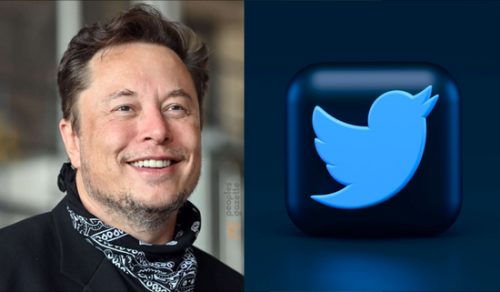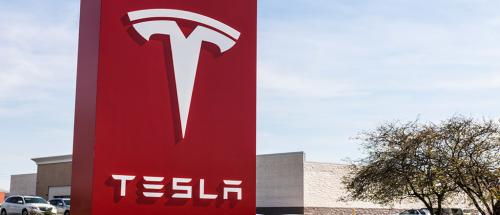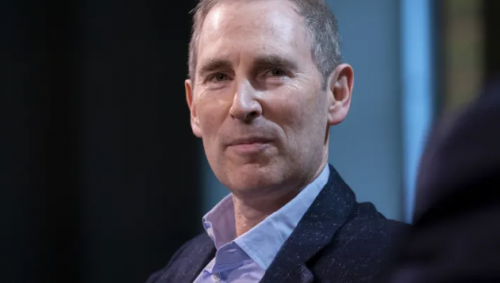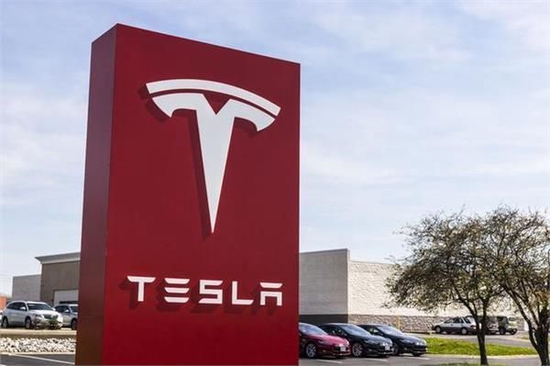your current location is:Home > TechnologyHomeTechnology
Following Musk's good example, Silicon Valley layoffs are "righteous"
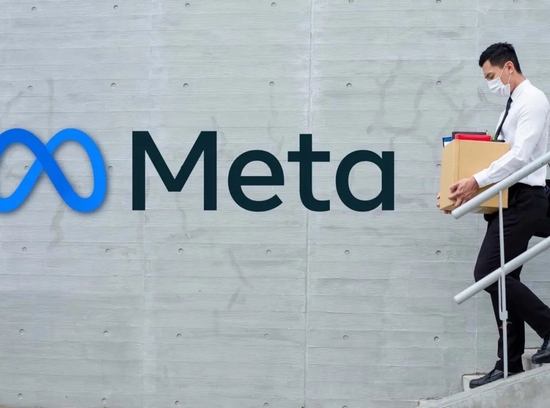
Meta is starting to attack employees.
Since the beginning of the year, a series of bad financial reports were handed over, former COO Sheryl Sandberg resigned, and Zuckerberg publicly stated that "some employees should not stay here", Meta finally ushered in a merciless layoff.
On November 9th, local time on Wednesday, Meta announced that it will lay off 11,000 people, equivalent to 13% of the company's total team. There is no room for maneuver, and the laid-off employees will pack up and leave on the same day after receiving the notice.
Zuckerberg published an open letter in which he stated that he was responsible for Meta's current situation and layoff decisions, and expressed his apologies to the laid-off employees.
In late October, after Elon Musk bought Twitter, he immediately instituted a brutal layoff plan. Not only fired almost all executives, but also decided to lay off 50% of the company's employees. While the turmoil was brewing, all kinds of information were posted on Twitter, almost putting on a "layoff reality show". The scene of executives standing by the side of the road with cardboard boxes sent jitters across Silicon Valley.
There is a view that Musk’s layoff plan on Twitter gave Meta and Zuckerberg the confidence to lay off employees. But Meta is much larger than Twitter, and the 11,000 employees laid off this time have surpassed the size of Twitter's entire workforce. From this perspective, Meta's layoffs are relatively small, but the negative impact on the industry is greater.
The entire Silicon Valley has been chilled, especially in the context of many technology giants "freezing recruitment", waiting for the unemployed will only be more difficult "re-employment".
"No mercy"
The news of Meta's layoffs has been brewing for a long time, but no one expected that everything would come so violently.
On Tuesday, November 8, Zuckerberg communicated the layoffs with hundreds of management personnel at an internal meeting, and said he would officially announce the news the next day.
He didn't even wait until dawn. At 2:00 a.m. Western Time on Wednesday, Meta announced the layoff plan internally. The laid-off employees began to receive email notifications and immediately lost access to the corporate intranet. Meta reserved mailbox access only for retrenched employees so they could say goodbye to old colleagues.
In terms of layoff compensation, Meta’s compensation plan includes 4 months’ salary, plus half a month’s compensation for each year’s seniority. Untaken annual leave will also be converted into it, and the options to be issued in November this year will also be honored. In addition, the company will also provide 6 months of medical insurance and 3 months of unemployment services.
This is the first "indiscriminate" layoff of Meta since its establishment. The management decides the layoff list based on business and responsibilities, and does not provide any opportunities for job transfer and improvement.
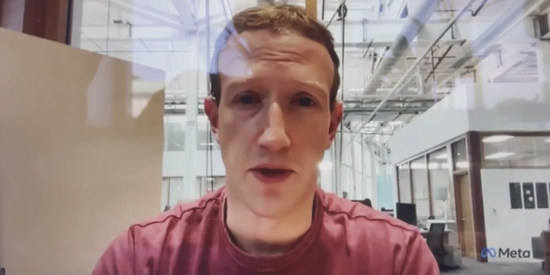 Meta founder Mark Zuckerberg announces layoffs via video conference, admits mistakes | CNBC
Meta founder Mark Zuckerberg announces layoffs via video conference, admits mistakes | CNBCThose teams that have little to do with the core business and are difficult to self-create in the short term have become the hardest hit areas to be laid off, such as AI research teams. In addition, some marginal hardware teams, such as the development team of the MetaPortal video chat screen, were also cut off as a whole.
In addition to the relatively safe core hematopoietic departments such as social networking and advertising, the RealityLab metaverse department, which has been controversial, has not become the focus of layoffs this time. Although Facebook changed its name to Meta and fully entered the metaverse one year later, Meta’s metaverse construction and development have not improved, and the company’s market value has evaporated by 70%.
In his internal speech, Zuckerberg firmly expressed his confidence in Meta's strategy. He believes that Meta's current share price is seriously undervalued, because the company's core social business is the most profitable business in history, and Metaverse products will " Defining the future of social connectivity as a next-generation computing platform".
Some described Meta's layoffs as "merciless", although Meta's human resources department said internally that the layoffs will mainly affect employees whose job responsibilities overlap with colleagues. But the fact is that some of the laid-off employees are even "excellent employees" who have performed well in the past few years and have been promoted quickly. The reason for their dismissal is more because the team and the project they are working on are not that important, so they become victims.
Zuckerberg has built a tough stance within the company over the past few months. On the one hand, he urged the financial department to tighten the budget and reduce all kinds of non-essential expenses. On the other hand, he also carried out stricter KPI assessments on employees, and even directly said, "Some people should not stay here."
But when the time for the real layoffs came, Zuckerberg still took a relatively "soft" stance.
He took the initiative to "take responsibility", saying that the reason why the company came to this step was because of his own wrong judgment. In the early days of the new crown epidemic, e-commerce developed rapidly, and the company's revenue grew rapidly. He mistakenly believed that this growth would continue. He increased investment in all aspects and expanded the team, which eventually led to the company's crisis. Finally, he also expressed his apologies for the laid-off employees and thanked them for their contributions.
"It's a sad time, and we can't avoid it," Zuckerberg said.
The Bottom Line on Bad Bosses
Before Meta announced the layoffs, Silicon Valley's eyes had been on another company, Twitter.
Although Twitter is much smaller than Meta, the core business of the two companies is social media, and they both ride on the wave of the last wave of Web 2.0 and the mobile Internet, so it can be said that they go hand in hand.
Until the arrival of Musk, everything changed.
On October 28, just hours after Elon Musk bought Twitter for $44 billion, he came to Twitter’s headquarters in San Francisco and quickly fired CEO Parag Agrawal and CFONed Segal in two emails, announcing massive layoffs.
Musk even asked that the layoffs be completed within 3 days, before November 1, so that the laid-off employees could not get the bonus originally scheduled for November 1.
Twitter's human resources and legal teams immediately warned Musk that this practice is likely to violate the U.S. "Employment Law" and the labor contract between the company and its employees, and the laid-off employees will sue the company. But Musk's team said that Musk has fought many battles in court and is not afraid of being accused or paying fines.
Musk had his internal finance team build a forecasting model. Modeling shows that the legal costs of violent layoffs are likely to be millions of dollars higher than the bonuses would have been awarded. In addition, it took a lot of time to communicate and pull with various teams.
In the end, Musk did not succeed in laying off employees within 3 days, but he succeeded in becoming the "most hated" boss in Silicon Valley within 3 days.
The chaos manifested itself in every aspect, not least the scale of the layoffs.
At the beginning of the acquisition, Musk claimed to be laying off 75% of Twitter’s employees. Later, this number was changed to 50%, and it was changed to 25% during the execution stage. At the same time, a large number of management chose to resign voluntarily because they could not stand Musk.
The process of executing the layoffs was also full of back-and-forth farce.
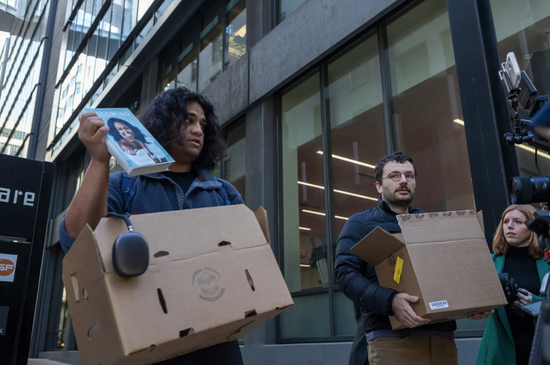 Someone stood in front of Twitter HQ to play the laid-off employee|NewYorkPost
Someone stood in front of Twitter HQ to play the laid-off employee|NewYorkPostOn November 3, after Twitter had laid off a large number of employees, Musk's advisory team found that the scale of layoffs may be too large, and many teams in the company were paralyzed and unable to function normally. laid off employees and asked them to return to their jobs.
Until Nov. 9, two weeks after Musk bought Twitter, the storm had not subsided. More and more executives are leaving, and the U.S. Federal Trade Commission (FTC) has also publicly stated that it is deeply concerned about the development of Twitter, and warned Musk that "no CEO or company is above the law."
Just the next day, on November 10, Meta announced plans for major layoffs.
Some people believe that the reason why Meta "dare" to lay off tens of thousands of people at one time is that the attention of the government and public opinion has been sucked away by Twitter, and the lower limit of everyone's cognition of "bad boss" has also been greatly pulled by Musk. low.
Compared with Musk, although Zuckerberg has laid off employees, he at least dares to take responsibility, apologize to employees, and provide compensation plans, which sounds like a "model good boss".
But the fact is that the scale of Meta's layoffs, the impact on the entire Silicon Valley, is far greater than that of Twitter's layoffs. The influx of more than 10,000 employees into the "re-employment" market will have a huge impact on the entire employment environment.
Silicon Valley's "Down Cycle"
It is far more than Twitter and Meta who have laid off workers in the chaos.
Since this summer, Silicon Valley companies large and small have launched layoffs in nearly every vertical and every business model. Snap, which is on the same track as Meta and Twitter, has decided to lay off 20% of its workforce; there are also companies such as Netflix, PayPal, and Lyft; and even toB companies such as Stripe, Salesforce, and Shopify...
This week alone, Meta laid off more than 20,000 employees across Silicon Valley. Most of those companies that have not laid off employees are already in a state of "frozen recruitment" and no longer conduct large-scale "manpower wholesale", but will only conduct targeted "single recruits" for specific positions.
The problems of a few companies are spreading to the whole of Silicon Valley, and many people feel that after the bull market of the past two years, the entire technology industry is entering a "down cycle." There is no sign of easing this tension. Some venture capital firm partners predict that Silicon Valley will lay off 25,000-50,000 jobs in the next few months, and salaries will also drop.
 Commentators worry whether the layoffs in Silicon Valley will trigger a millennium-like "Internet bubble" burst crisis|TED.com
Commentators worry whether the layoffs in Silicon Valley will trigger a millennium-like "Internet bubble" burst crisis|TED.comAfter Meta's layoffs, there are rumors that Google is also approaching the same consulting firm that Meta has approached, and may also make layoffs. Google has a larger workforce than Meta, and once layoffs, it will inevitably bring a greater impact on the job market.
Some people even worry that the cold winter of the Silicon Valley job market will turn into a great recession. A financial analyst told the Washington Post that the current Silicon Valley is very similar to the situation before the burst of the Internet bubble in 2000.
In a Silicon Valley job search mutual aid group, everyone no longer mainly shares various recruitment information as in the past, but has a lot of interview skills and brush questions. Many people are also discussing the future trend of the general environment, and anxiety is spreading, but there is no better way to deal with it.
Also, the tech industry has a large pool of immigrant workers. For many Chinese, as well as immigrant workers from other countries, being laid off means not only the loss of a source of income, but also the loss of work visas. If you can't find your next job in a short period of time, you can't continue to live there.
The only hope is to wait for the industry to recover, but it is difficult to predict when the recovery will come and whether it will come.
"In the next 10 years, Silicon Valley will not be as good as the past 10 years." Someone said in the group.
Previous:Four years after another, will Apple's search engine be "stillborn"?
Next:Advertising is getting colder, the cloud is not making money, and Google has fallen into a "trap"
related articles
Article Comments (0)
- This article has not received comments yet, hurry up and grab the first frame~






